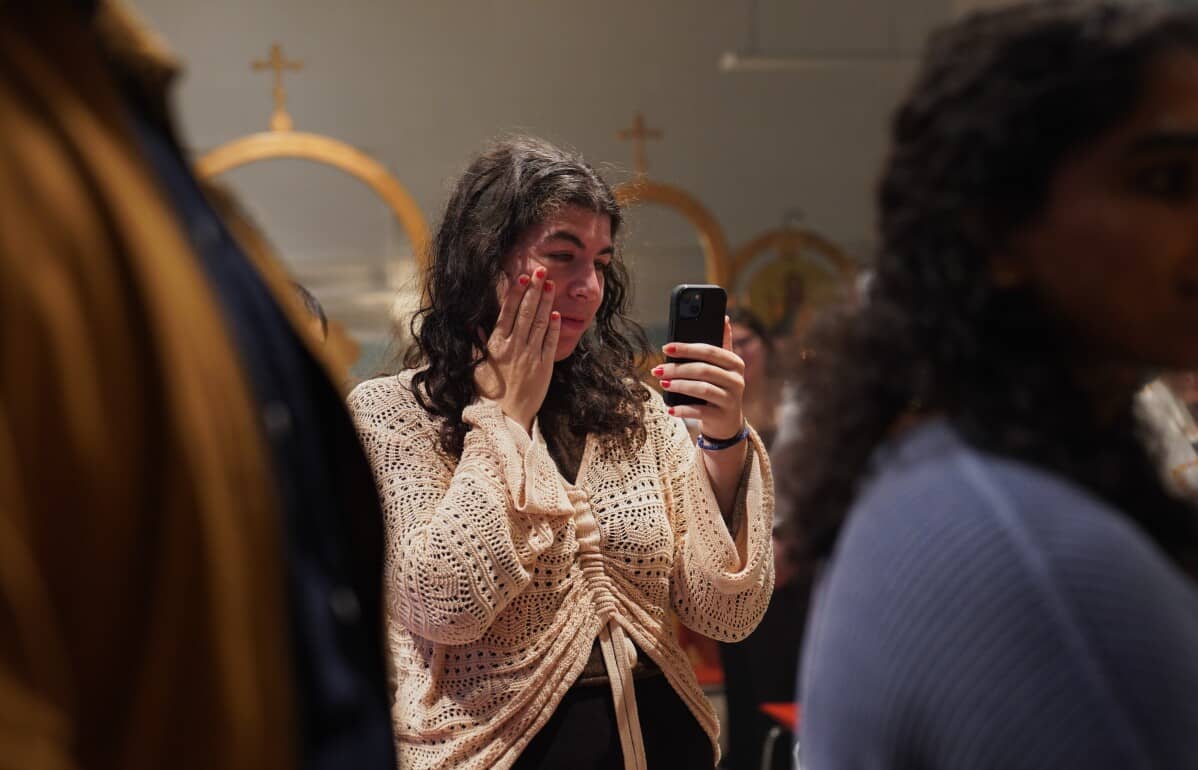ST. LOUIS (AP) — A group of St. Louis Catholics filed a lawsuit against the city Monday over a local ordinance that prohibits discrimination based on “reproductive health decisions,” saying the law could force employers or landlords to go against their religious beliefs.
The law, enacted in February, bars employers from hiring or firing people based on whether they have had an abortion, get pregnant outside of marriage, or use contraceptives or artificial insemination. Landlords also can’t refuse to rent to someone based on those criteria.
Opponents say they law makes St. Louis a sanctuary city for abortion. The lawsuit was filed on behalf of Roman Catholic grade schools operating under the Archdiocese of St. Louis; Our Lady’s Inn, a home for pregnant homeless women; and a private company whose owner is Catholic. It seeks to stop the city from enforcing the ordinance.
“Passage of this bill is not a milestone of our city’s success,” St. Louis Archbishop Robert Carlson said at news conference outside the federal courthouse where the lawsuit was filed. “It is rather a marker of our city’s embrace of the culture of death.”
Carlson said the archdiocese and its affiliates, including the schools, will not comply with what he called a “vile bill.”
Sarah Pitlyk, an attorney for the nonprofit anti-abortion law firm the Thomas More Society, said the law prevents the archdiocese from hiring only teachers who support Catholic teachings on abortion. Pitlyk also said there’s no exception for faith-based “crisis pregnancy centers” such as Our Lady’s Inn, and no provision for private companies led by devout Catholics, such as O’Brien Industrial Holdings LLC and its owner, Frank Robert O’Brien Jr.
St. Louis Mayor Lyda Krewson, in a statement, defended the law.
“We don’t believe the ordinance infringes on the rights of the Archdiocese,” Nrewson said. “The city worked with the Archdiocese to modify the language in the board bill.
“As a city, we don’t support discriminating against anyone,” the mayor, a Democrat, said.
Alderwoman Megan Ellyia Green, who sponsored the ordinance, has said it wasn’t sparked by any specific case or current law. Rather, she viewed it as a way for the city to stake out its opposition to future laws enacted in Missouri, where Republicans now control all corners of government. A measure that would have effectively overturned the St. Louis ordinance subsequently failed in the Legislature.
Washington, D.C., Boston and the state of Delaware all enacted laws in recent years prohibiting discrimination based on reproductive health decisions. But Pitlyk said the St. Louis law is unprecedented in its breadth, creating a protected class “based on social opinion.”
This story has been corrected to reflect that the law doesn’t make an exception for churches.














